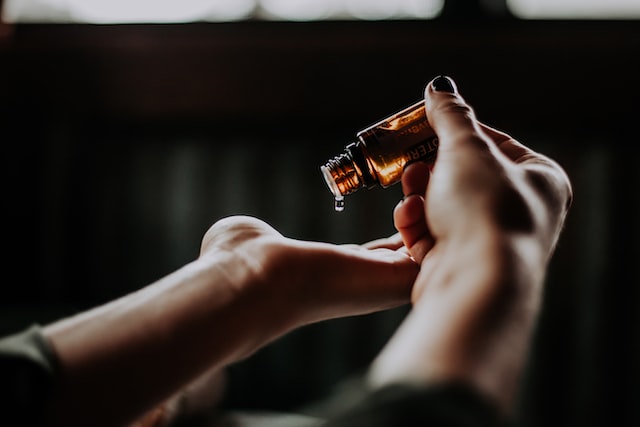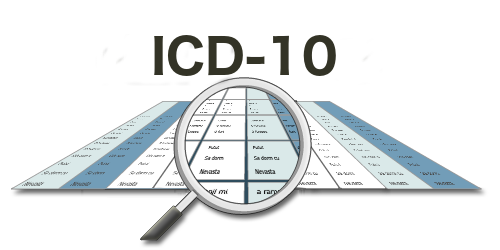Scientists and consumers have always shown a substantial amount of interest in the cannabis plant and the wide range of compounds it contains. Among all molecules of the plant, THC-P is the endocannabinoid that is currently experiencing the most rapid popularity growth, and for good reasons.

The first study about this compound, which was done by Italian scientists and published by the National Institutes of Health, came out just three years ago. Nevertheless, the researchers' statements about its effects and potency have done the job.
The component is already widely known among cannabis connoisseurs and sought after by hemp enthusiasts because of its psychoactive properties and unique effects.
That is why there are a lot of products on the market right now that are infused with the THC-P compound. Among them are gummies, vapes or cartridge vape pens, disposables, wax dabs, tinctures, etc.
Considering that fact, the number of consumers who want to buy THCP infused products and try out the novel compound's effects increases. However, there is a need to acquaint yourself with reliable information regarding the THC-P component first.
This article is here to provide everything about the molecule, its features, and effects, and it additionally covers the point about the component's legality and safety.
What Is THC-P?
Tetrahydrocannabiphorol, also known by its abbreviation form THCP, is a phytocannabinoid that can be extracted from cannabis plants in relatively trace amounts.
Some of the cannabis plants have THCP in amounts much lower than 0.1%. That is why THC-P has been transformed to be capable of being created artificially in a lab setting. This is necessary for it to have any genuine value on the market.
Being delta-9-tetrahydrocannabiphorol in its complete name, THC-P can be easily mixed up with regular tetrahydrocannabinol (commonly known as delta-9).
The fact is that it is up to 33 times more powerful than traditional THC. Consequently, there is no reason to investigate if the HHC component could be more potent than tetrahydrocannabiphorol because it is even a little weaker than delta-9.
Additionally, THCP potency is nearly sixty times that of delta-8. Delta-10, if compared to THCP, is also less strong and has fewer psychoactive effects. THCO, “the psychedelic of cannabinoids,” is likewise often compared to THCP in terms of potency. However, the compounds differ in origin, and THC-P is roughly ten times more potent than ATHC.
Is It Safe for Health?
Having knowledge of THCP compound safety is important. To cover this issue, let's look at how the compound works. As it is an endocannabinoid, it interacts with the endocannabinoid system of the body. This system, in turn, has CB1 and CB2 receptors found in the central and peripheral nervous systems, and THC-P binds to them to deliver its effects.
THC-P can attach to the receptors more easily than delta-9 because it has a longer alkyl side chain. Specifically, this endocannabinoid has seven carbon atoms, while delta-9 contains only five. Because of this, the effects of tetrahydrocannabiphorol are stronger not only in the brain but also throughout the rest of the body.
There haven't been many studies conducted on tetrahydrocannabiphorol yet. Still, some of the effects that have been seen so far make it likely that the molecule will be studied more in the future. For instance, products infused with the molecule can be used as an effective sleep aid for insomnia.
Additionally, the component promotes full-body relief and a mood lift. It is good at relieving pain and has the ability to treat chronic pain. It is also believed to be helpful for stomach problems such as vomiting and nausea (for individuals who are undergoing chemotherapy).
Anyway, it is equally essential to point out that this endocannabinoid has some negative side effects as well. The symptoms can include feelings of paranoia or anxiety, fatigue, short-term memory loss, nausea, a dry mouth, or eye redness.
Legality Aspects of THC-P
In 2018, President Donald Trump signed the Agriculture Improvement Act, also known as the Farm Bill. According to it, if tetrahydrocannabiphorol is derived from the hemp plant, it is considered federally legal. It must be noted that the hemp plant denotes a cannabis plant possessing THC content in the amount of 0.3 percent or less.
Nonetheless, because the governments of all states are in the process of formulating and implementing their individual regulations and laws at the present time, the use of THC-P may soon be banned in some of them.
The same thing was previously done to the delta-8 THC as there were driven connections to the Federal Analog Act. Summarizing all that, it can be stated that the legal situation about THCP is still a gray zone, and it's always better to check the laws of your state ahead of time.





